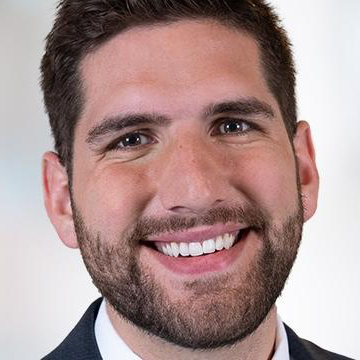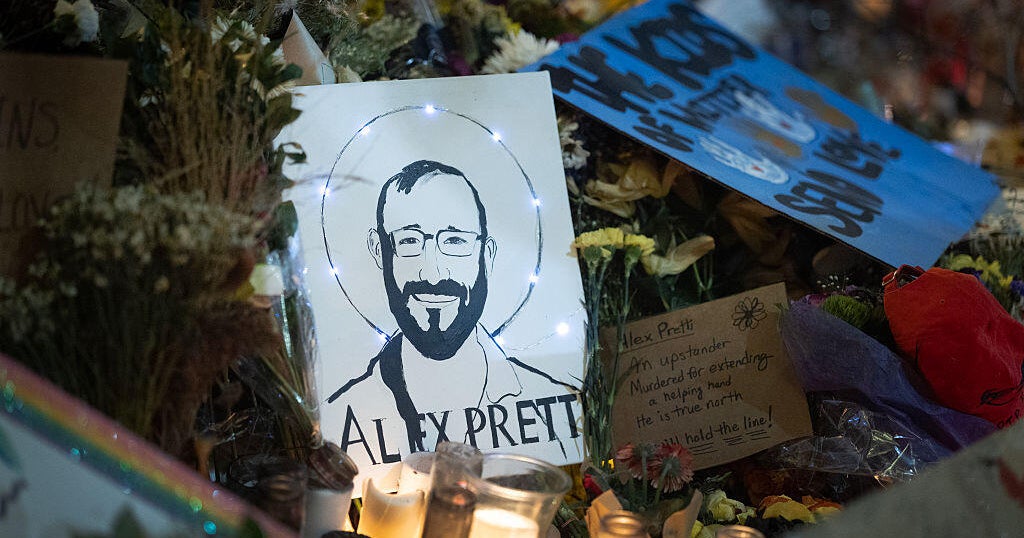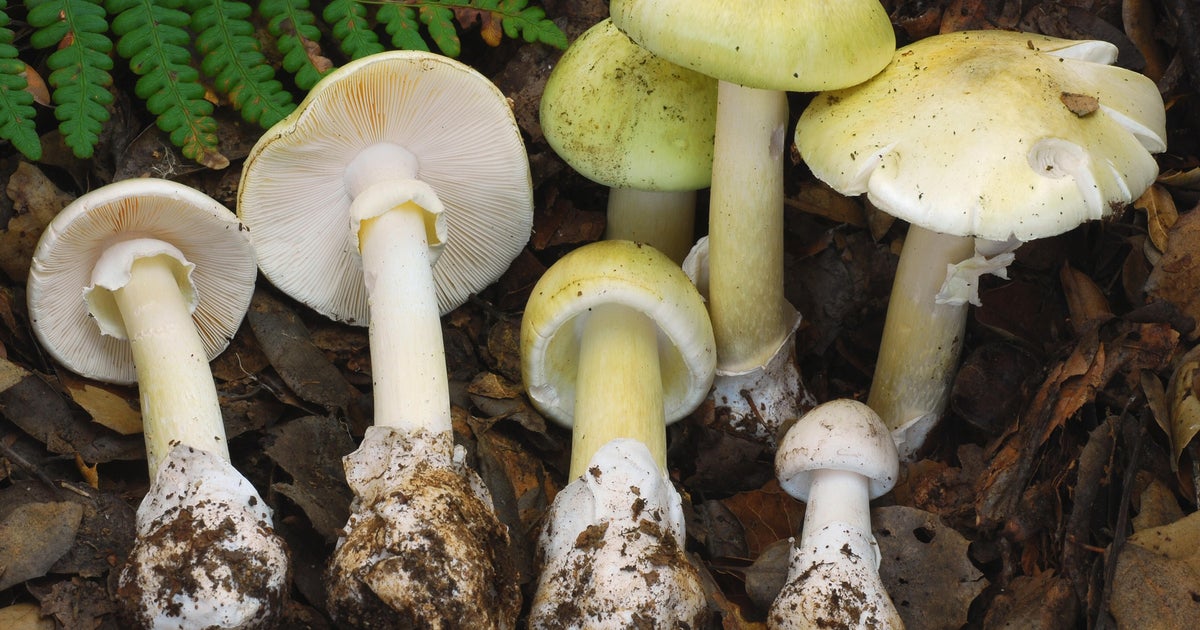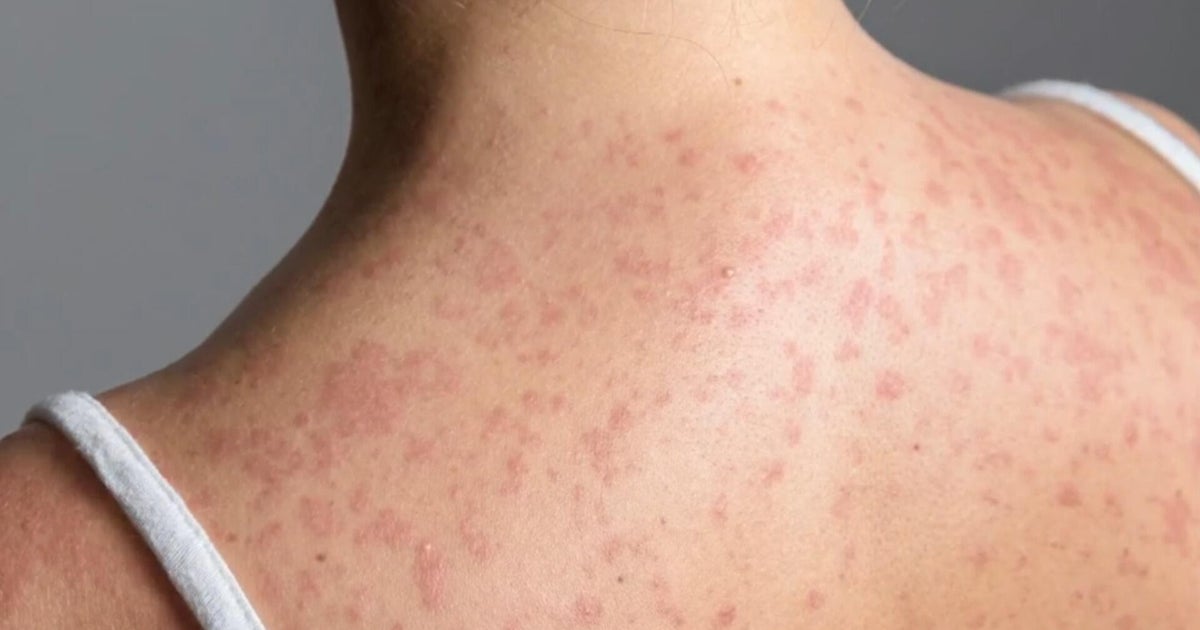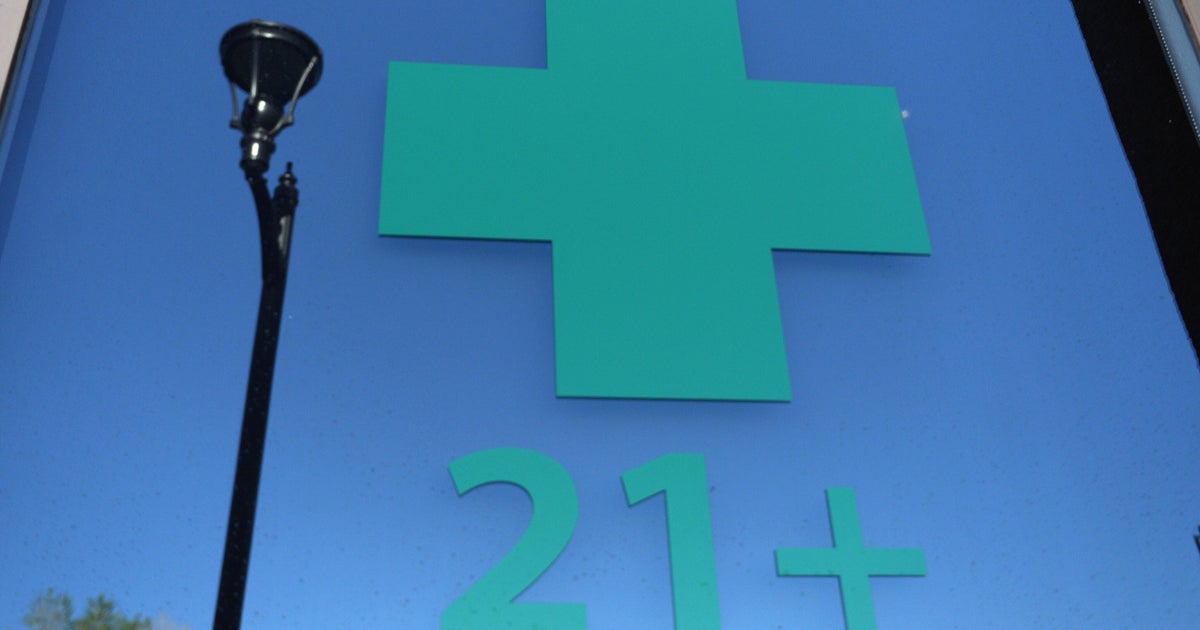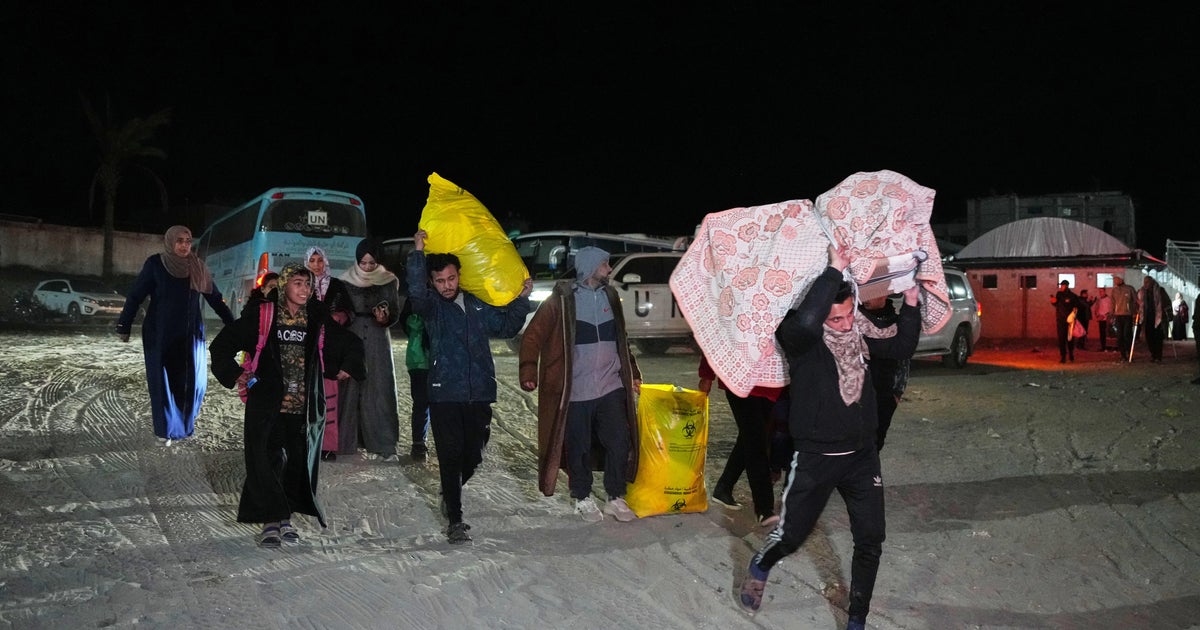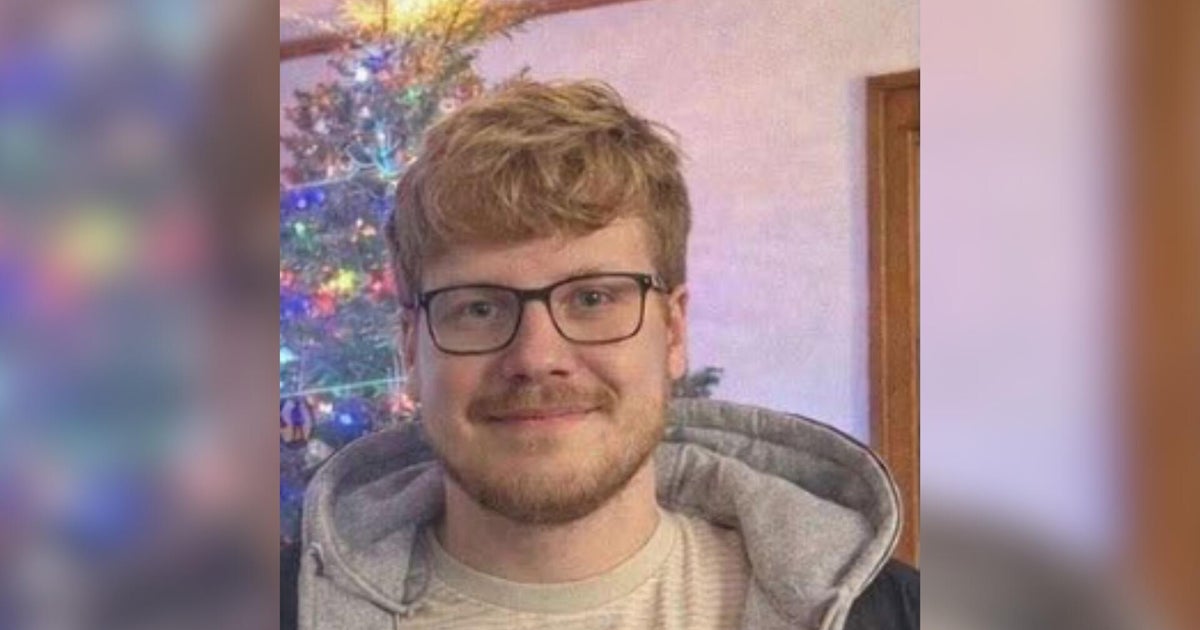"The most painful thing": Minneapolis man details monkeypox experience
MINNEAPOLIS -- Monkeypox cases in Minnesota continue a steady climb, despite daily totals of new cases slowly declining since late July. As of Friday, the Minnesota Department of Health reported 130 confirmed cases, with four of those resulting in hospitalization.
MDH says the cases are almost entirely all men between the ages of 20-67. Most cases are found in instances of men who have sex with other men, but the department stresses monkeypox, or MPX is neither sexually transmitted nor limited by sexual orientation.
Kyle Olson of Minneapolis says when he started feeling ill this past July, he thought he was developing yet another case of coronavirus – something he'd already dealt with twice.
"I honestly didn't know that I had Monkeypox until the lesions started happening," Olson said. "It was on the news, it came to light what was going on. I was thinking, this has got to be something like that."
Olson said he confirmed his monkeypox diagnosis after seeing a specialist.
"I was one of the first, I think like 20 or maybe 25 cases in Minnesota," he said. "So no one knew what was going on in Minnesota. It was a new thing."
To this day, Olson says he's not sure where he contracted the virus. Once he had it, however, he experienced tremendous pain until doctors eventually prescribed him an anti-viral medication known as T-Poxx.
"I healed up right away after that – but getting the medicine was really hard to get," Olson said.
And as for the pain in the meantime?
"Honestly, it was the most painful thing I've ever experienced in my entire life," he said. "Unfortunately, going to the bathroom, every time it felt like I was being stabbed. Which is really dramatic, but it was really painful. I'd have to lay down for like two hours afterward every time just clenching my fists."
MDH says while the agency has access to monkeypox vaccinations, the doses are being limited to those at highest risk for currently contracting the virus.
Health advocate Dylan Boyer of Aliveness Project says currently, education is one of the most important components of reducing the spread of monkeypox.
"First, it's letting people know what it is. What is MPX? How is it spread or transmitted? And then ways they can take measures now to prevent contracting it," he said.
Aliveness project, which helps provide resources to men dealing with HIV/AIDS, is prepared to help distribute vaccines if need be, Boyer said. Meanwhile, he says dropping the stigma attached to the virus is an important first step.
Olson himself says he faced pushback after his diagnosis- even from those in his personal network. He hopes by sharing his experience, some of the disease's stigma can be stripped away.
"I hope people have more empathy for people that are going through this and are more understanding," he said.
